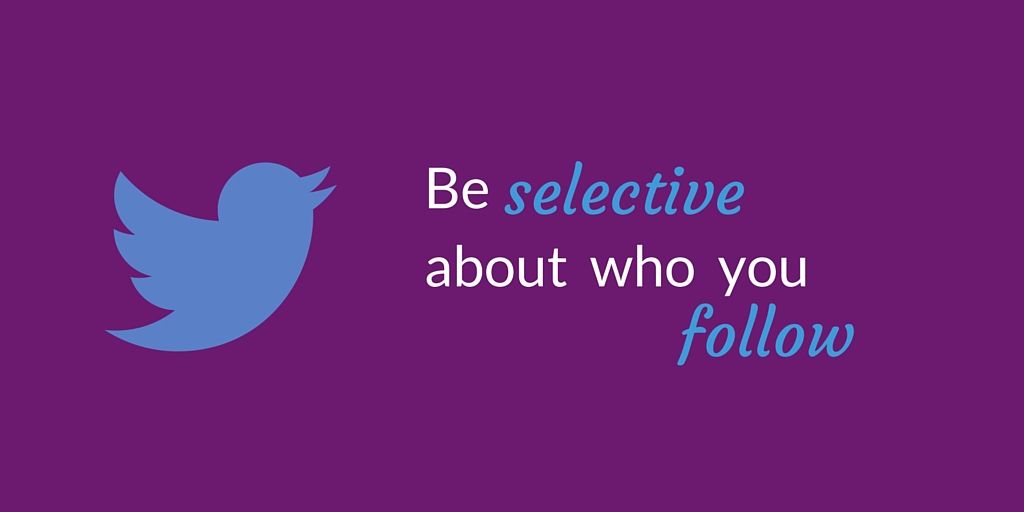One of the biggest old-school truths that is obsolete today is the idea that you should follow everyone on Twitter that follows you. It was once considered “social media polite” to follow just about everyone who took the time to follow your own updates. This never included spammers or bots, of course, but when real people and companies followed yours, many gurus recommended giving them a follow back.
The interactions and ways that Twitter has evolved over the years has brought it to the point that most businesses have corrected this old notion. As a social media society, we are more willing to not expect a reciprocal follow. In fact, many people and businesses follow very few of the people that follow them and focus on following people and companies that bring value to their Twitter feed. This is the way it is today.
As a business, you should be following localized “players”, people within your industry, employees, vendors, partners, and most importantly the customers that you know bring value to the table. It’s okay to not follow every customer; most people won’t be offended. You want people who are following you because they want to hear what you have to say. Conversely, you want to follow the people that have something to say that you want to hear. It’s that simple.
Use tools like Manage Flitter and others to get your following down to a reasonable level. A follow should serve one of two purposes: filling your feed with great content and showing support for the right people. It’s for this reason that it’s okay to follow vendors and partners who may or may not have something of value to add to your Twitter stream, but keep these at a minimum. Don’t follow people who have been inactive for a while. Don’t follow people who post way too much. Make your list of accounts that you follow work for you and you’ll have a much better Twitter experience.


I follow this rule even personally. I follow brands I like, people who ask to be followed, & people who I wanna watch closely like industry influencers, family, & friends.
I agree, I don’t think businesses should do the follow match, people will @ reply them when they want to talk to them or call something out. I would follow industry trends, news orgs related to niche and others, but every single follower is cumbersome. I don’t expect companies to follow my account, they rarely do unless they are an advertising partner and I don’t mind.